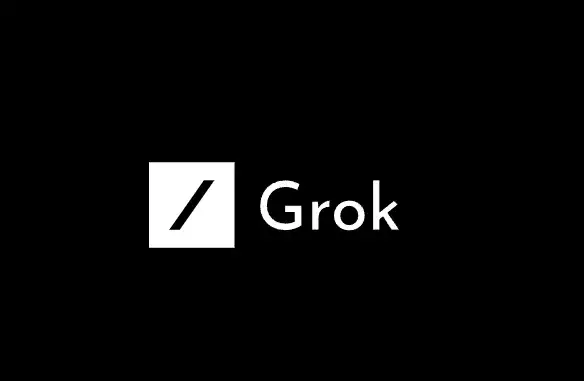With the recent rollout of Elon Musk’s Grok AI chatbot to all users of the X platform, there’s intensified discussion around the role of artificial intelligence in social media. Prior to this, Grok had been exclusive to X Premium subscribers, representing a minuscule fraction of the platform’s overall user base. Now, features such as inquiry-based interaction, image generation enhanced by X’s Aurora integration, context analysis for posts, and playful, unconventional responses in “Unhinged Fun” mode are accessible to a larger audience. However, the pivotal question remains: Do advanced AI chatbots like Grok hold any substantial value within social media ecosystems, or are they merely novelty items in an overly saturated market?
One foundational aspect of social media has always been its role as a facilitator of genuine human interaction. Users engage with their peers, sharing thoughts, experiences, and opinions that reflect their individuality. The integration of AI, especially generative chatbots that can produce content on behalf of users, often seems contrary to the ethos of social communication. While platforms like Meta are embedding AI tools across their applications ostensibly to enhance user experience, this raises critical concern: Is AI-assisted content genuinely social, or does it detract from the organic exchanges that make social platforms valuable?
There’s an underlying paradox here. Social media was designed to democratize communication, allowing diverse voices to shine. Yet, when posts are autogenerated, that democratization may shift toward a less authentic expression of users’ thoughts. Does this transformation signify a regression in social interactions, where AI becomes the primary producer of content? The essence of social interaction relies not just on sharing information but on the nuanced understanding and perspectives that individuals bring to conversations.
Utility Versus Hype: A Balanced View of Generative AI
The current landscape of generative AI tools invites mixed reactions; some see unprecedented potential for efficiency and productivity, while others view the excitement surrounding them as a misguided hype. It’s essential to recognize that generative AI has practical applications that can enhance workflows across multiple sectors. For instance, in legal practice, AI might assist lawyers by generating alternative arguments and identifying influential case precedents, allowing experts to leverage technology for deeper insights. However, this reliance on AI necessitates a foundational understanding of the field, as technology cannot independently validate the correctness of its outputs.
The essence of effectiveness with generative AI lies in its assistive capabilities rather than its replacement potential. Many of the assertions and forecasts surrounding artificial intelligence lean heavily towards sensational predictions of AI replacement, which, in reality, may be far-fetched. While advancements continue to develop in AI technologies, it hasn’t reached a state of sophistication sufficient enough to truly align with the vision of “artificial general intelligence.” This creates a situation where expectation meets the limitations of current technology, leading to user disappointment and skepticism.
Back to Grok and its value proposition—while the integration of AI into social media is indeed an innovative leap, the practical application for most users appears limited. Yes, Grok can analyze trends on X and even generate intriguing imagery, but how many users will find sustained utility in these functions? For casual users, the novelty of an AI chatbot may wear off quickly, yielding to the realization that generating content via AI lacks the connective tissue that fosters genuine social bonds.
Remarkably, while platforms enthusiastically promote bot-driven functionalities to attract users, engagement metrics may not reflect genuine interest. The excitement around Grok and similar AI tools can be deceptive if it doesn’t align with the habits and preferences of the broader user base. As time marches on, it’s possible users might find traditional interactions more meaningful than engaging with AI that lacks any human touch.
Ultimately, the introduction of AI technologies such as Grok represents a notable moment in the ongoing evolution of social media. While it brings a wealth of possibilities to the table, it also invites scrutiny as users evaluate their social experiences in this new context. Will integrating AI chatbots reshape the social media landscape and redefine interaction norms, or will they be viewed as just another passing trend?
As this discussion matures, society must consider how to balance technological innovation with the core values that underpin human relationships. The question remains whether Grok, and similar AI offerings, will enhance our social experiences or simply become yet another layer of artificiality in an already complex digital world. The challenges ahead necessitate careful navigation, ensuring that technology complements, rather than complicates, the art of human connection.

